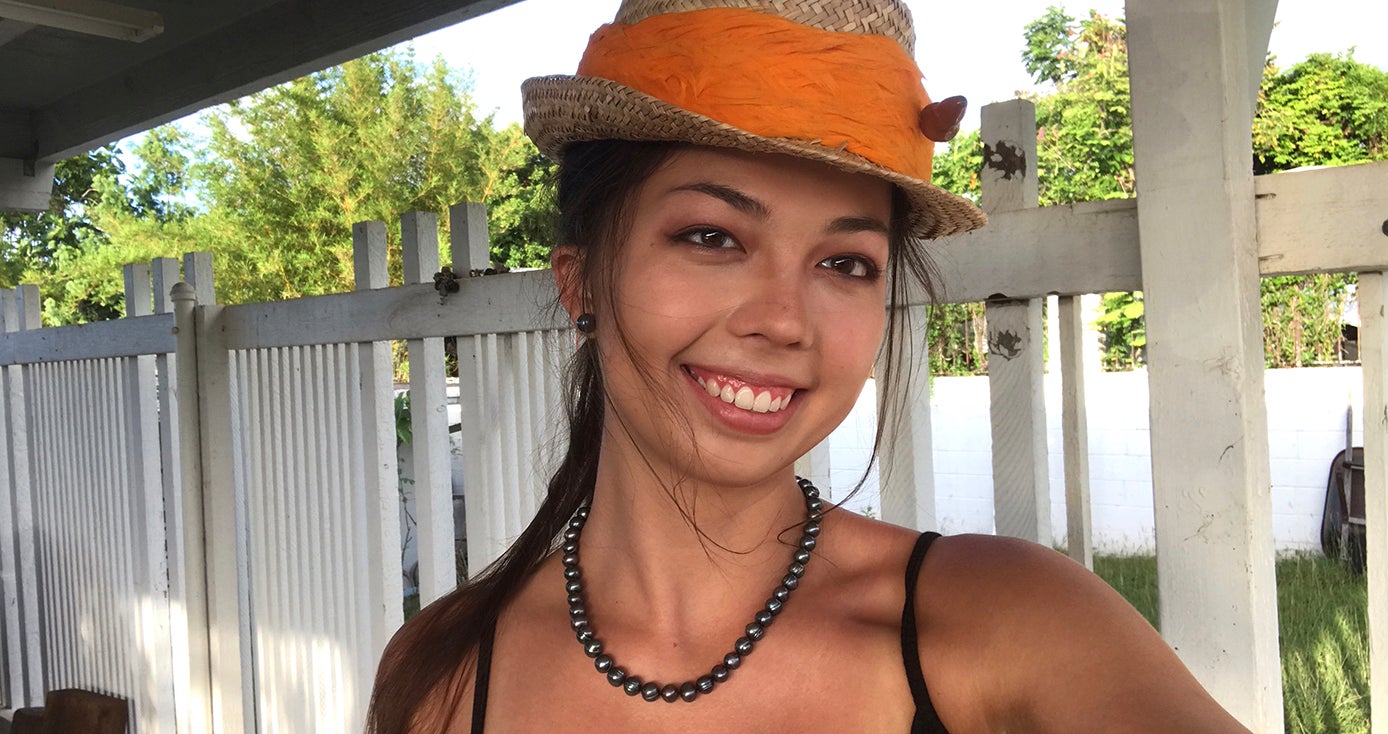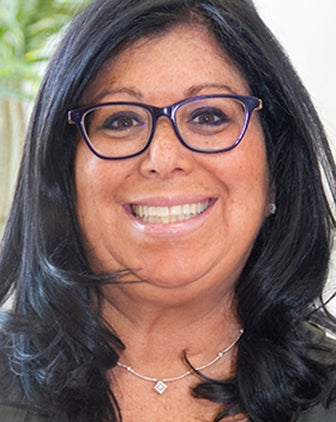
Subscribe to Pittwire Today
Get the most interesting and important stories from the University of Pittsburgh.Public Health Student Turns Trouble into Triumph in Hawaii
Ke’alohi Worthington was planning to complete her internship like all Pitt master’s of public health students are required to, and she he had it all set: She would enjoy spring break, then intern at Kaiser Permanente in her hometown of O’ahu, Hawaii, while enjoying being close to her family.
However, when the COVID-19 pandemic hit during Pitt’s spring break, those plans were in jeopardy because the healthcare consortium’s hospital would not admit outside volunteers. In addition, Worthington realized she wouldn’t be able to return to Pitt’s main campus to complete her semester.
“I was a little freaked out at first and annoyed,” said Worthington, who is studying epidemiology at Pitt’s Graduate School of Public Health. “We’re required to do an internship and I thought I wouldn’t be able to graduate.”
That’s when Worthington turned to her academic advisor, Nancy Glynn, an associate professor in the Department of Epidemiology, as well as the department’s director of master's degree programs.
Glynn suggested that Worthington seek alternatives, which soon led the young researcher to the State of Hawaii Department of Health, where she got a break. Worthington ended up working on a project at the department that examined demographics of COVID-19 infection in Hawaii, with a focus on indigenous and social determinants of health.
“Most of the internships this summer are virtual, but since this was sensitive data and you can only get the data at the department, we requested an exemption for her (Worthington) and it was granted,” Glynn said. “It’s always great when our students get real-world experience, especially to contribute to work on health disparities when it comes to COVID-19.”
The research Worthington worked on found that while Pacific Islanders in Hawaii, excluding Native Hawaiians, make up 4% of the state’s population, they comprise 13% of the coronavirus cases in the state. The team also found that while Hawaii’s White community makes up 25% of the population, it also tallies up 28% of cases.
“It was a very interesting opportunity to see how race plays into this pandemic,” Worthington said. “We’re trying to use this research to see where the racial disparities are and how to address them in the next phase of COVID-19 response on the state level. This gives direction on where attention needs to be focused.”
Worthington will complete her internship with the Department of Health in July and return to Pitt’s main campus for the fall semester, which she says will be a relief for her schedule.
“The six-hour time difference for classes this spring was really hard,” she said. “I had to wake up at 5 a.m. for some classes.”
While her research at the department will not directly carry over into her research at Pitt, Worthington says it does tie in with her overall research interests.
“My area of interest has always been native health and the way cultural aspects contribute to an individual’s health. It’s the kind of work I’ve done with my undergraduate studies and community involvement,” she said. “My essay work at Pitt focuses on dementia and Japanese-American men in Hawaii.”
Worthington also studied abroad in New Zealand in 2018 to research the preservation of the native Maori culture through westernization, in comparison to Hawaii and its experience with westernization and colonization, as well as other Pacific islands she had previously visited.
She later studied abroad in Italy, where she researched how culture affects longevity.
Her advice is that while students should maintain focus on their studies and interests during trying times like the pandemic, they should also take time to relax.
“You get caught up with all the stressful stuff in work and media consumption that it’s good to take a breather for yourself once in a while,” she said.



